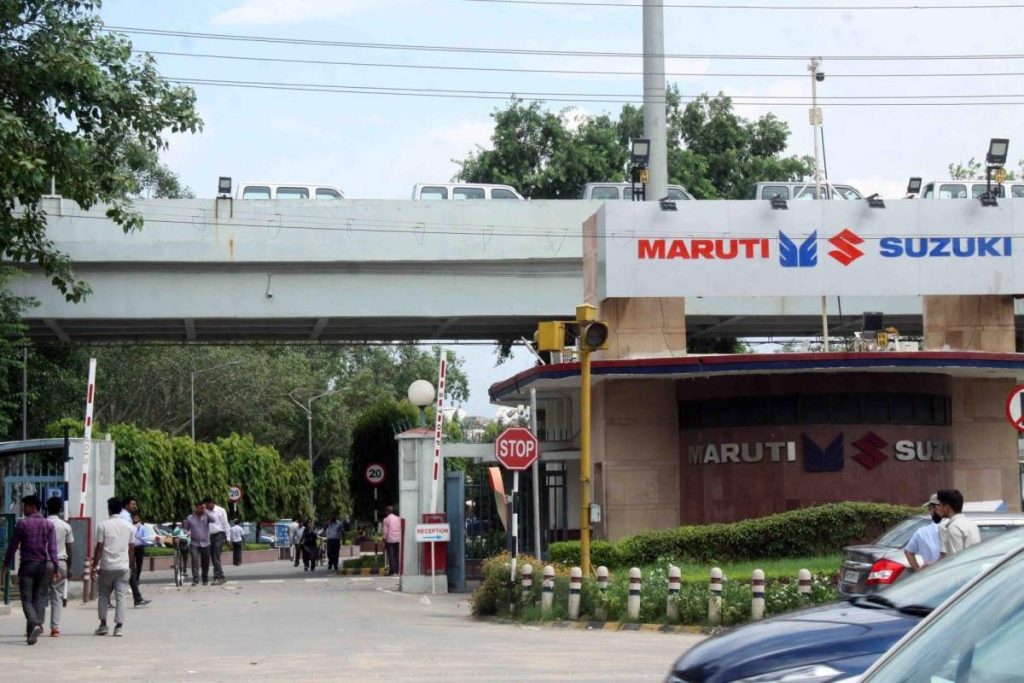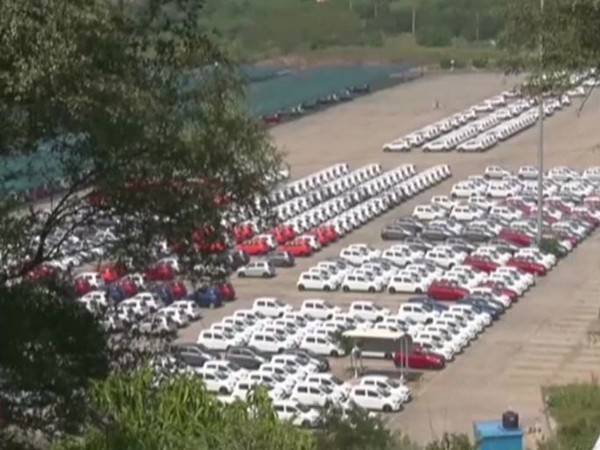Rising costs of material as well as fuel are the next big challenge facing the automobile major Maruti Suzuki … Rohit Vaid meets Shashank Srivastava, Senior Executive Director, Sales and Marketing…reports Asian Lite News
Rising costs of material as well as fuel are the next big challenge facing the automobile major Maruti Suzuki, its India Senior Executive Director, Sales and Marketing, Shashank Srivastava said.
In the past two years, prices of commodity along with crude have increased manifold. This has been accelerated by the start of Russian-Ukrainian war which has lifted commodity prices further. Even the price hikes undertaken by the company are not sufficient enough to cover the rate of rise in production cost.
Shashank Srivastava said, material prices which make up about 75 per cent of overall production cost have been high for the past two years. “We are closely monitoring the situation and will take an appropriate decision (on price hike) when the situation demands.”

“Any hike in material cost will have an impact on cost structures. Material costs have been pushed higher due to Covid restrictions and mines being closed in Russia and South Africa besides others.” Since, January 2021, the company has hiked prices on five different occasions.
Besides, high production cost, the other alarming factor for the company, said Srivastava, was the rising fuel prices.
“High cost of operations impacts consumer sentiment negatively. Any abnormal increases in oil prices reflect in the retail selling prices of petrol.”

“However, the silver-lining of this situation is that it makes alternative options like CNGs more desirable.”
Industry estimates show that at current prices, running cost of a petrol car on an average is around Rs 5.25 for a km. On the other hand, running a CNG fuelled car costs only one third of a petrol vehicle.
Moreover, rising material along with fuel prices are expected to trigger an inflationary trend in the economy which is expected to nudge the Reserve Bank to tighten monetary policy. A rise in key lending rates by the RBI will push up financing cost for automobile purchases.
“Currently, 80 per cent of all car sales in India happen through financing. Anything affecting retail rate will be a challenge for the industry in economic terms.”
Nevertheless, Srivastava pointed out that pandemic unleashed pent-up demand will continue to support sales.
“Performance of the industry has been encouraging considering Covid impact and semiconductor shortage.”
“If the economy grows well and supply side issues subside, then we can expect the industry to grow.”
On an overall basis, the industry’s volumes in FY22 are projected to reach 33-35 lakh units.

Leave a Reply